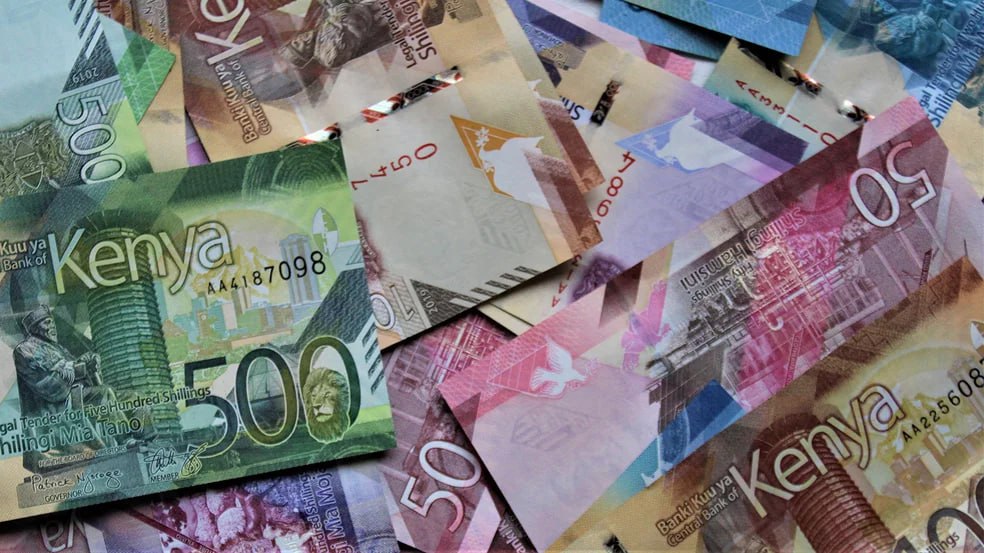Kenyans’ M-Shwari and Fuliza Loans Hit Sh432 billion in 2020
Kenyans borrowed at least Sh1.2 billion from Mshwari and Fuliza everyday in 2020, an indication of an increased reliance on debt due to the economic slowdown occasioned by the Covid-19 pandemic.
According to the NCBA financial report released on Monday, Kenyans took a total of Sh432 billion Mshwari and Fuliza loans, averaging Sh1.18 billion everyday. The total figure increased 30 percent from Sh330 billion in 2019.
The pandemic resulted in massive job losses as well as a slow-down in businesses, forcing Kenyans to find alternative means for survival.
According to Nation Africa, the amount borrowed from the two mobile lenders is equivalent to the amounts used to build the Nairobi-Mombasa Standard Gauge Railway (SGR) with balance enough to construct part of the extension to Naivasha. The amount can fund half of Kenya’s annual development budget or run programmes in the Ministry of Education for a year.
“The reason for that high number is because these are short-term loans, so sometimes an individual may take a loan three times on the same week. We count each disbursement as a new loan,” NCBA Group Managing Director Mr John Gachora said yesterday.
“There was a slight reduction in demand for M-Shwari loans. Kids were out of school and this explains it since a lot of them are taken by parents taking children to school,” Mr Gachora said.
Fuliza is available to the majority of Kenyans who use it for their day to day needs. The overdraft loan charges a rate of 395.2 percent annually or a one-off fee of 1.083 percent. The rates are quite high compared to banks which charge between 12 to 14 percent annually. The difference is that Fuliza is readily available for the majority of users, even those without a steady source of income.
NCBA reported a rise in bad loans in the year 2020, with the MD attributing the part of Sh20 billion figure to a rise in Mshwari debt defaults.
“We saw significant challenges on the M-Shwari product last year. It was a big contributor to the (loan loss) provision of Sh20 billion. We had significant stresses,” Mr Gachora said.
The Mshwari default rate increased to a high of 8 percent in some months last year, from an average rate of 3 to 3.5 percent.
Tags: Fuliza
Related
Share this article
Unregistered Staff and Guest Writers: This account will no longer post articles. We appreciate your past engagement and invite you to stay connected with us!
View articles


